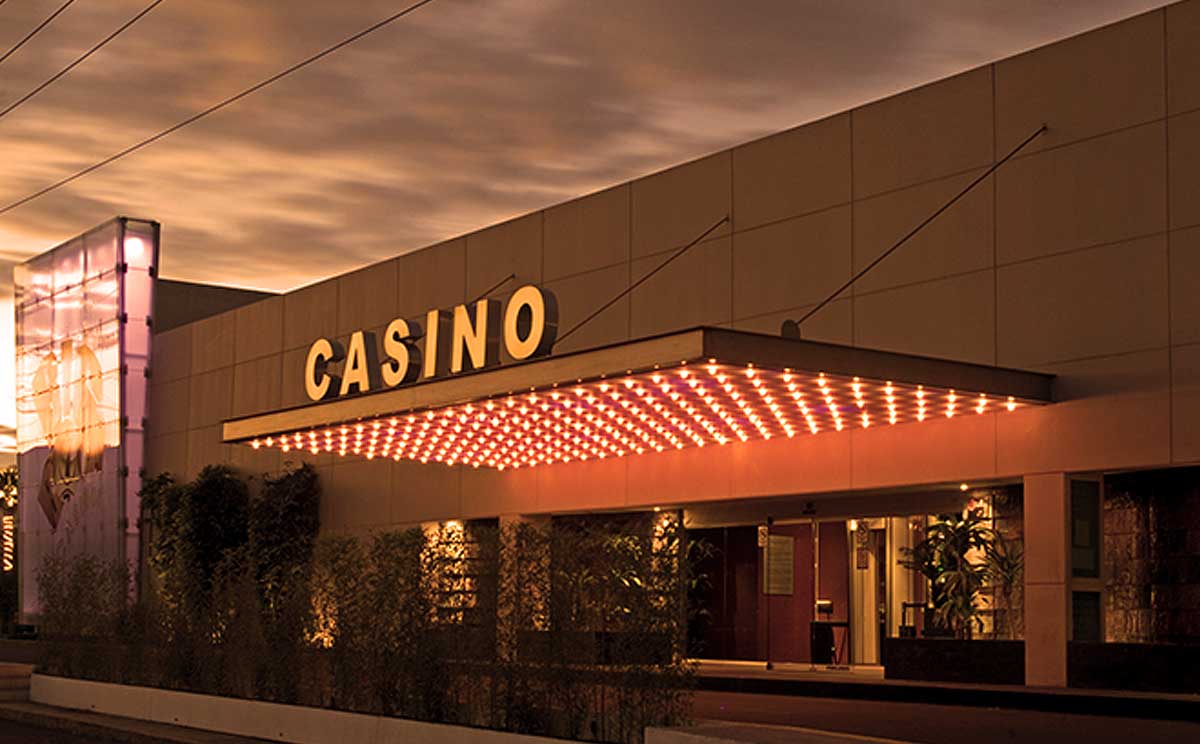
Casino experiences have long captured the interest of humans around the world, becoming an essential part of both fun and society. From the shimmering lights of Nevada to the engaging experience of virtual casinos, these experiences evoke enthusiasm, risk, and sometimes even a sense of nostalgia. They are not just just hobbies; they have woven themselves into the texture of society, influencing various aspects from film and melodies to clothing and books.
The appeal of casino games transcends the gambling aspect, tapping into wider themes of luck, risk, and social interaction. As players gather around a gaming table or turn the roulette wheel, they engage in an timeless ritual that echoes with our collective desire for adventure and instability. This fascination has led to the rise of many references in films, songs, and electronic games, showcasing how strongly entrenched these games are in mainstream culture. Whether it is the pressure of a legendary heist movie or the colorful nightlife portrayed in recordings, casino games have created a substantial role that reflects our bond with reward.
Historical Importance of Casino Activities
Gambling games have played a key role in cultural contexts throughout the ages. Stemming from ancient societies, games of chance were often linked to rituals or events. For example, early iterations of these activities can be linked back to ancient Chinese and the Romans, where dice games and wagering on results were popular pastimes. These games not only served as entertainment but also as methods of connecting people, facilitating relationships among individuals within communities.
As societies evolved, so did the complexity and organization of gambling games. The establishment of formal casinos in the 17th century, particularly in Italy, marked a significant shift in how games were viewed and organized. With specific spaces for gaming, the casino became a community center where patrons from different backgrounds convened. This change contributed to the validation of gambling, transforming it from a mere pastime into an organized industry that influenced economy and regulations.
The impact of gambling activities on mainstream culture cannot be overlooked. As they were brought into the limelight in literature and film, games such as Texas Hold’em and 21 became symbols of chance, luck, and strategy. Famous characters and stories have emerged around these games, illustrating societal attitudes towards luck, prosperity, and vice. This interest with gambling games has permeated various forms of media, solidifying their status in the collective consciousness and linking them to wider cultural stories throughout history.
Portrayal of Casino Games in Entertainment
Gambling games have long been a popular theme in various forms of media, reflecting both the thrill and complexities of the world of gambling. Movies such as Ocean’s 11 and Casino Royal portray characters who navigate intense situations, showcasing not only the attractiveness of the casino atmosphere but also the strategies and judgments that come with playing popular games like poker and blackjack. These films often dramatize the excitement of winning and the potential consequences of losing, encapsulating the perils involved in gambling.
Television shows have also explored the world of casino games, often integrating them into the storyline as a setting for story progression and conflict. Shows like Las Vegas depict the stories of gambling employees and casino-goers, highlighting the vibrant, often tumultuous energy of the gaming floor. Reality shows featuring high-stakes betting contests further emphasize the attraction of gambling activities, drawing viewers into the drama and planning involved in each round. Through these representations, media not only amuses but also prompts conversations about luck, expertise, and the character of chance. non GamStop casinos
Digital games have increasingly included gambling activities into their development, allowing players to recreate the experience of betting without financial exposure. Games within the landscape of digital gaming often include online slot machines, poker, and other casino favorites, creating an interactive experience that mirrors real-life gameplay. These virtual portrayals make casino games accessible to a broad demographic, appealing to both risk-takers and those who enjoy the thrill of virtual experiences. As a result, the portrayal of casino games in entertainment continues to shape public perception and cultural relevance, highlighting their function in society and social context.
Effect of Casino Games on Society
Gambling activities have a meaningful impact on society, affecting various facets of societal norms and interpersonal behavior. They often function as a platform for community engagement, where people come together to experience a common experience. Game nights with friends or trips to casinos become group events that build connections and create memories. This communal aspect boosts the entertainment value of casino games, making them a popular choice for festivities and recreational pursuits.
Moreover, casino games have been depicted in numerous movies, television shows, and written works, shaping views and opinions towards gaming and gaming. Icons like James Bond competing in baccarat or the intense poker scenes in films have embedded these games in the collective imagination. This depiction often idealizes the lifestyle associated with gambling, drawing in new players and influencing trends in both style and conduct. These representations can spark curiosity and lead to a deeper investigation of the intricacies of gambling.
However, there are also adverse implications associated with the popularity of casino games. The allure of quick monetary gain can lead to problem gambling and financial troubles for some individuals. The community must grapple with these consequences, advocating for responsible gaming and awareness of the dangers involved. Finding a balance between the entertainment value of gambling activities with the potential for harm is crucial to ensure that they continue to be a positive aspect of our cultural landscape.